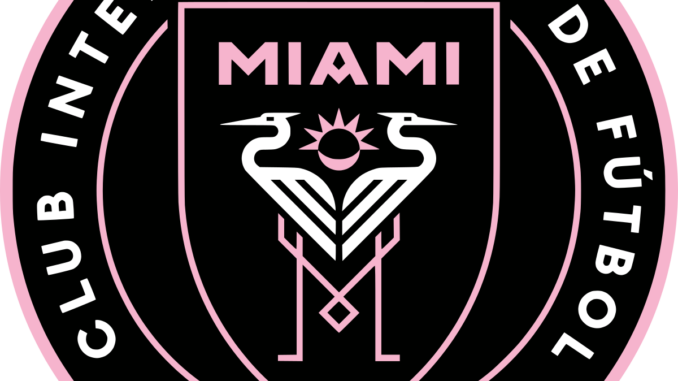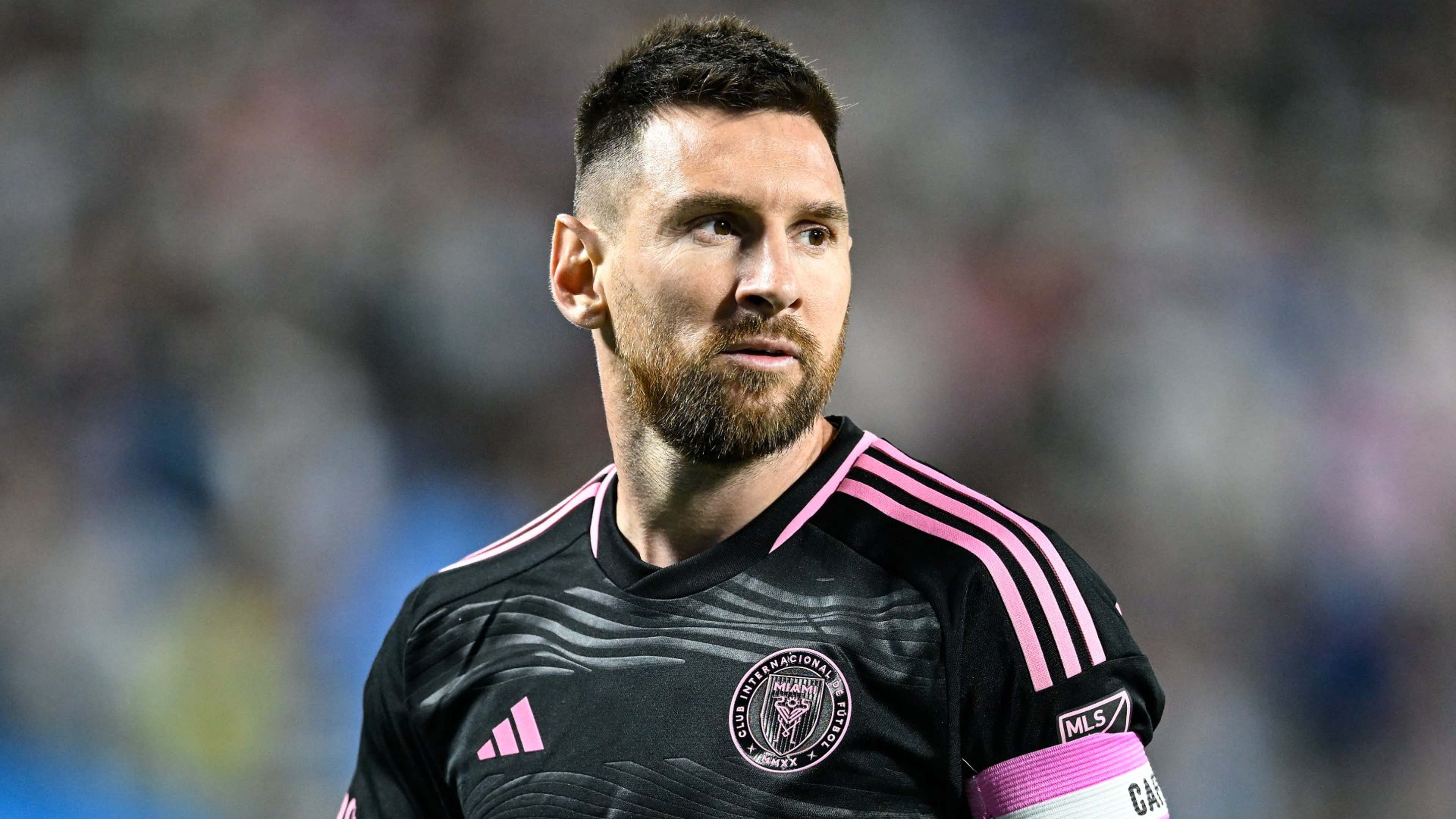
Lionel Messi’s appearance with Inter Miami in Hong Kong on February 4th sparked significant controversy when he chose not to play in an exhibition match against the Hong Kong League Selection Team. Despite extensive promotion promising fans a rare chance to see their idol in action, Messi remained on the bench due to a strained hamstring and the team’s decision. This left fans, who had spent between HK$1,000 to 5,000 for tickets, feeling let down and even cheated. Notably, figures like Kenneth Fok, vice chairman of the Elite Sports Committee, criticized Messi for what they saw as a lack of sportsmanship and professionalism. 
The situation escalated when Hong Kong Chief Executive John Lee and Secretary for Culture, Sports and Tourism Kevin Yeung blamed the organizers for Messi’s absence, prompting outrage from certain pro-Beijing Hong Kong politicians like Regina Ip and Junius Ho. Messi’s subsequent appearance in a game against Japan intensified nationalist sentiments, with Ho accusing him of “insulting China” by playing in a country with a history of atrocities against China. Ip even went as far as demanding that Messi be banned from returning to Hong Kong.
In the backdrop of these events, the Hong Kong government has been keen on projecting an image of progress from stability to prosperity since Xi Jinping declared Hong Kong to have transitioned into a stage of order and development. Various initiatives have been launched to enhance the city’s international reputation, including sponsoring events like the Inter Miami exhibition game and organizing monthly fireworks displays. However, not all these initiatives have gone smoothly, with events like Night Vibes experiencing power outages and transportation issues plaguing the New Year’s Eve fireworks.
The backlash against Messi’s absence underscored the government’s eagerness to promote Hong Kong’s international image, but also raised questions about the credibility of the event’s organizers and the government’s overspending on the event. Yet, just a week later, the Lunar New Year Cup proceeded without incident, featuring several soccer legends.
While some local soccer fans were disappointed by Messi’s absence, many viewed the government’s reaction as excessive. This sentiment was reflected in humorous online memes mocking the government’s slogan of “advancing from stability to prosperity.” However, the incident also triggered nationalistic outrage in mainland China, leading to calls for boycotts of Messi’s games and products.
Messi’s subsequent statement denying any political motive for his actions in Hong Kong, coupled with mixed reactions from netizens, highlighted the complexity of the situation. Ultimately, the incident highlighted Hong Kong’s global significance while also illustrating its growing integration with mainland China, both in perception and reality.
Leave a Reply